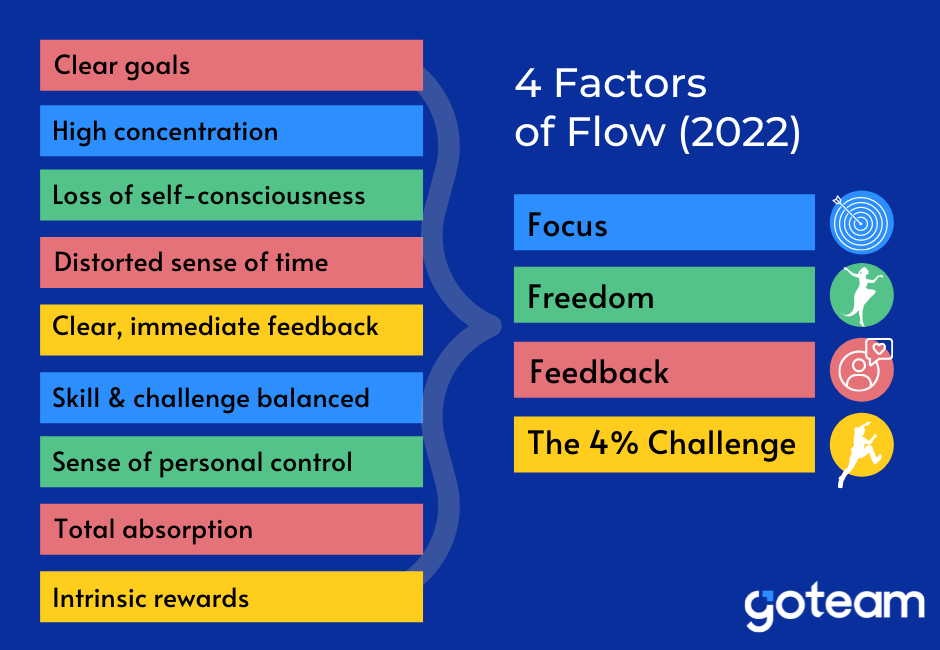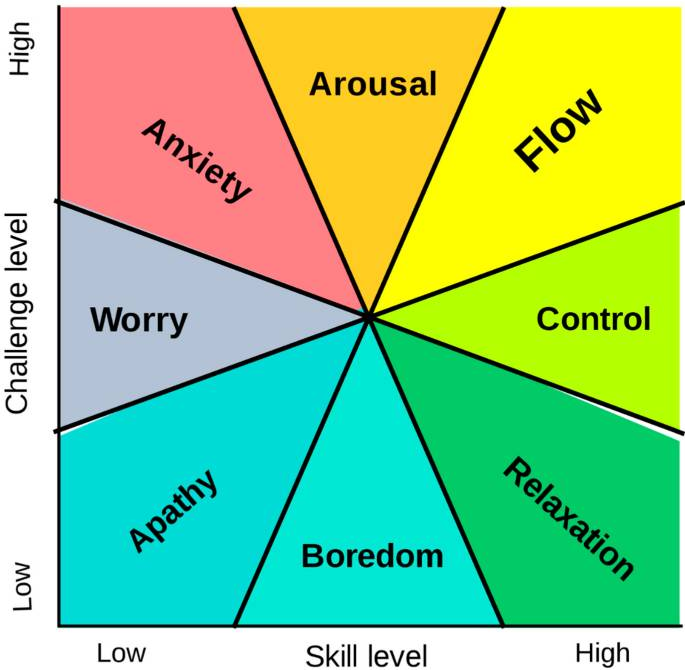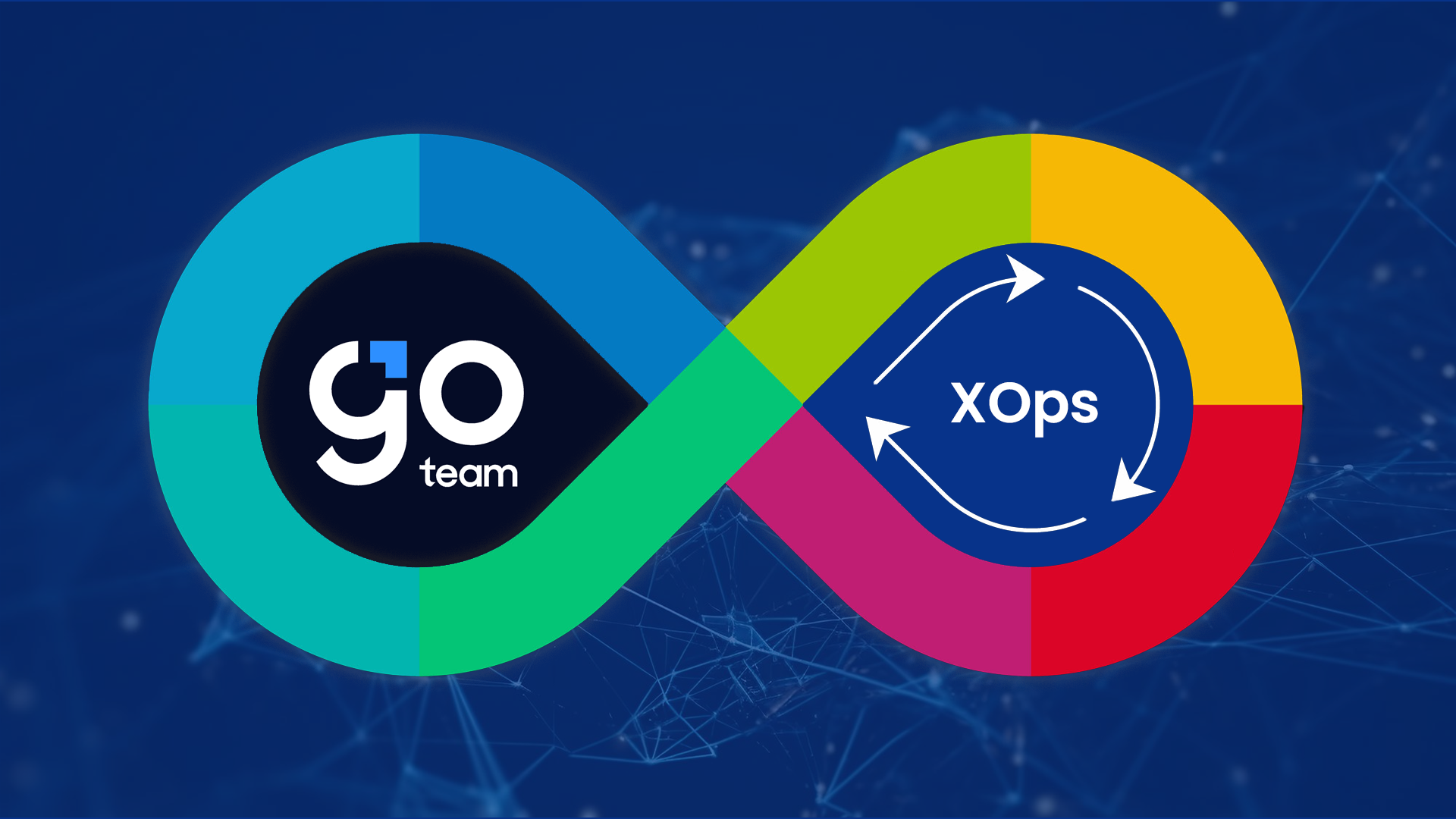As leaders, what can we do to lead our teams toward peak performance?
The “why” behind this is clear. “How” is the more urgent question for leaders of businesses and teams.
When our teams spend much of their workdays in a Flow state—fully immersed in an activity, in an optimal state for performance—we not only get exceptional results for our businesses. More than that, our teams feel fulfilled because they have overcome a challenge, accomplished something that required them to apply all of their attention and skills, and gained a confidence boost.
How can we, as leaders, create the conditions that will help make the Flow state more accessible to our teams?
Take the ability to concentrate fully on the task at hand.
It’s a valuable skill that makes the Flow state possible but it is not always easy to apply, when our devices and the never-ending chatter of the internet can so easily pull our attention. Fortunately, it is a skill that can be cultivated and practiced.
Here are 3 things we can do as leaders to help our teams get into the zone.
Encourage dedicated practice:
To enter into a flow experience, a person needs to have acquired a level of skill for the task ahead. That usually comes from many hours (and in some cases, years) of dedicated practice.
It takes patience to encourage practice. A person who’s learning something new will need plenty of time to practice each step until the whole sequence of steps to get a task done becomes automatic. They will make mistakes, guaranteed.
As leaders, we can send a clear signal that mistakes and failure are OK. These are not always avoidable or unfortunate conditions; they are crucial parts of the process of experimentation and learning.
Imagine two people who each possess enough skill to execute a challenging task.
The person with more hope for success is more likely to experience a flow state than the person whose motive for getting the task done is fear of failure.
“The more a job inherently resembles a game—with variety, appropriate and flexible challenges, clear goals, and immediate feedback —the more enjoyable it will be regardless of the worker’s level of development.” The psychologist and author Mihaly Csikszentmihalyi wrote that in Flow: The Psychology of Optimal Experience.

Share resources about mindfulness:
This supports flow because the practice of mindfulness connects our awareness with the present moment.
In 2019, five Taiwanese researchers taught 21 members of a baseball team (22 to 30 years old) some mindfulness techniques like walking meditations, breathing exercises, body scans, and yoga. About 57% reported improvements in the quality of their sleep, while 47.6% reported having less anxiety, and 38% reported that they had gained more confidence as a result.
To enable Flow, the teams we lead need practice in “the gradual focusing of attention on the opportunities for action in one’s environment, which results in a perfection of skills that with time becomes so thoroughly automatic as to seem spontaneous and otherworldly.”
People need to be fully immersed in the present moment, neither imagining the future nor reliving the past. That is exactly what mindfulness teaches, when its students are trained to clear their minds and simply follow the intake and release of each breath.
The ability to focus one’s attention and to enjoy an activity for its own sake (what’s called an autotelic predisposition) helps a person enter into a flow state, and both abilities can be developed in mindfulness practice.
In a study on the flow process, Csikszentmihalyi and his team described a Flow state this way: “My concentration is like breathing. I never think of it. I am really quite oblivious to my surroundings after I really get going. I think that the phone could ring, and the doorbell could ring, or the house burn down or something like that. When I start, I really do shut out the whole world. Once I stop, I can let it back in again.”
Make the work meaningful:
In workshops that involved around 5,000 executives over a decade, McKinsey’s researchers asked what it was that made flow or peak performance doable. They grouped the executives’ answers into 3 categories.
In the first group, they listed such factors as role clarity and access to the information and resources needed to get something done. The researchers called this the intellectual quotient (IQ) of the flow experience.
In the second group were factors that included trust and respect, a sense of humor, constructive conflict, and the ability to collaborate toward challenging goals. This they called the emotional quotient (EQ) of flow.
The greatest number of the executives’ answers, though, fell within a third group.
They called this the meaning quotient (MQ) of flow: flow states are more likely to occur when an individual or team believes that what they are doing “matters, will make a difference, and hasn’t been done before.”
“Tell 5 stories at once,” wrote Susie Cranston and Scott Keller from the McKinsey team. For teams to feel that their work means something, they need to see how it has an impact not only on the company, but also on their community, their customers, their team, and themselves. Five stories at once.

In the first few days of 2022, GoTeam Founder Matt Kesby asked his team at SimpleRent, a payments automation business, what being in the Flow state felt like for them.
We love what Ian Ramos, the General Manager, had to say.
“I don’t want to be bothered when I’m in a Flow state,” Ian said, “because everything is so crucial. When you’re in that state, you feel like you can’t make a mistake. But at the same time, you have to make sure that you actually don’t make a mistake, and not just give in to that, like you feel you’re infallible or anything…There’s a certain balance between giving into the flow state, and then applying the checks and balances after you’re out of it. That’s my Flow state.”
Give your go team tasks that will challenge them, even compel them to pick up new skills, but make sure these tasks are a manageable stretch away.
About GoTeam (formerly Go Virtual Assistants)
GoTeam, formerly GO Virtual Assistants (GO-VA) Inc. is a registered Australian-Filipino owned company growing in the heart of Cebu City, as well as a growing number of key cities in the Philippines.
Our HQ is situated in an IT complex with modern facilities, although since March 2020, more than 70% of our team members have been working from home.
Our enhanced operations and streamlined services provide scalable opportunities that spell sustainability, growth, and success for any business venture. As your global team members, GoTeam’s goal is to create winnable games and strategies across all the work that we do, knowing that your success is our long-term fulfillment.
We help Australian, NZ, US, and UK businesses increase revenue, reduce costs, and scale through outsourced offshoring. This also creates for us the opportunity to be a catalyst for people to exceed.
AU (+61) 2 7227 8809
US (+1) 302 207 2767
PH (+63) 032 238 7448
9th Flr, i1 Bldg, Jose Ma. del Mar St, IT Park,
Cebu City, Philippines 6000
Website: https://go.team
Careers: https://go.team/ph
Email: sales@go.team
Email: careers@go.team


















